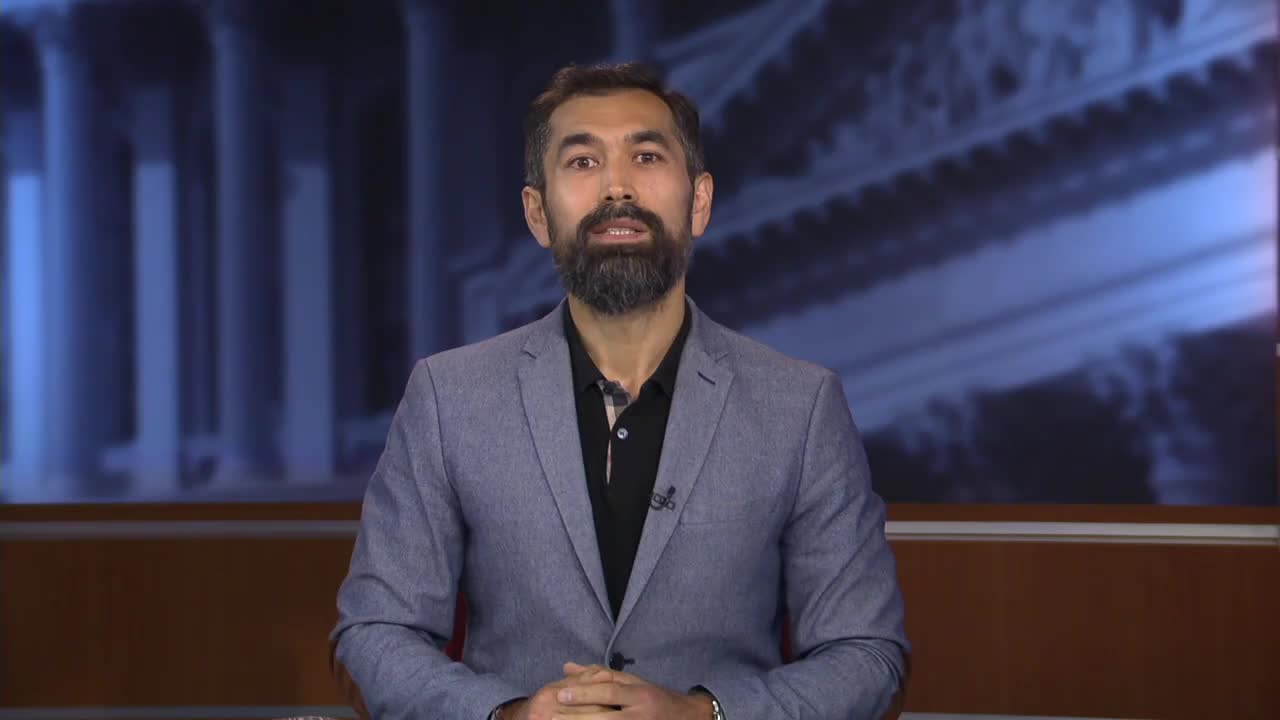Russian activist Evgenia Chirikova describes alleged ‘system of terror’ in occupied Ukraine in commission podcast
Get AI-powered insights, summaries, and transcripts
Subscribe
Summary
In a Transatlantic podcast interview, activist Evgenia Chirikova described investigations and two films alleging that Russian security services have run filtration camps and detention sites where Ukrainian civilians face abduction, torture and forced transfers; she cited Ukrainian figures and appealed for Western action.
Evgenia Chirikova, a Russian environmental activist based in Estonia, told the Transatlantic podcast that her investigative team has documented what she calls a “system of terror” in Russian-occupied areas of Ukraine, where civilians are screened, detained and in some cases sent to detention sites she and others describe as concentration camps.
Chirikova said her media project, Activatika, began investigating after the Russian invasion in 2022 and collected testimony from survivors and relatives of detainees. “We found a lot of relatives of Ukrainian prisoners… and we realized that there is a system of terror,” she said, describing accounts of phone searches, body inspections and detention for innocuous markers such as tattoos or photographs.
The interview put numbers and specific cases at the center of Chirikova’s account. Citing Ukrainian human-rights sources, she said that as of July 2025 about 6,099 people had been released overall and that only about 300 of those were civilians; she also said Ukrainian data indicate roughly 15,000 Ukrainian civilians remain detained. “It was a huge number of people,” she said. Chirikova also described individual cases she and her team investigated, including attempts to secure releases and at least one detainee who died after transfer to detention.
Chirikova emphasized testimony she collected from former detainees, including allegations of torture, extreme deprivation and deaths in custody. She recounted testimony given in her film, System of Terror, which premiered in the European Parliament on July 1, 2025; she said lawmakers there later adopted a resolution condemning terror in occupied territories.
The activist also raised the issue of children and teenagers. “Sometimes Russian FSB took teenagers — 16, 17 years old — and torture[d] them,” she said, and described cases she said involved forced transfers and later criminal charges once detainees reached adulthood.
Chirikova said some of her team’s work included helping refugees who passed through so-called filtration processes and assisting evacuations and medical support. She said Activatika helped roughly 2,000 Ukrainians leave filtration points and organized fundraising for medical projects supporting wounded civilians and soldiers.
On her relationship with donors, Chirikova said she felt safe in Estonia but reported losing support from some American donors after her investigation, which some donors said did not fit their definition of democracy work or raised concerns because Russian authorities had labeled her a “terrorist” and “extremist.”
The podcast host, Bakhtin Yishana, identified himself as a senior policy adviser at the commission and repeatedly framed questions around the implications for civilians and for potential negotiations over territory. Chirikova warned that territorial concessions would leave civilians vulnerable, saying such arrangements would allow the “system of terror to continue.”
Both films Chirikova discussed are available on YouTube, she said, with English and Ukrainian subtitles; she urged civil-society groups and legislators to screen the film and pushed for U.S. congressional hearings similar to the European Parliament event.
The interview presents Chirikova’s substantiated first-hand claims and the testimonies her team collected; where numbers and broader estimates were cited, the article attributes them to Chirikova or to Ukrainian human-rights sources cited by her. The episode ended with Chirikova inviting contact through social media for follow-up screenings and hearings.
